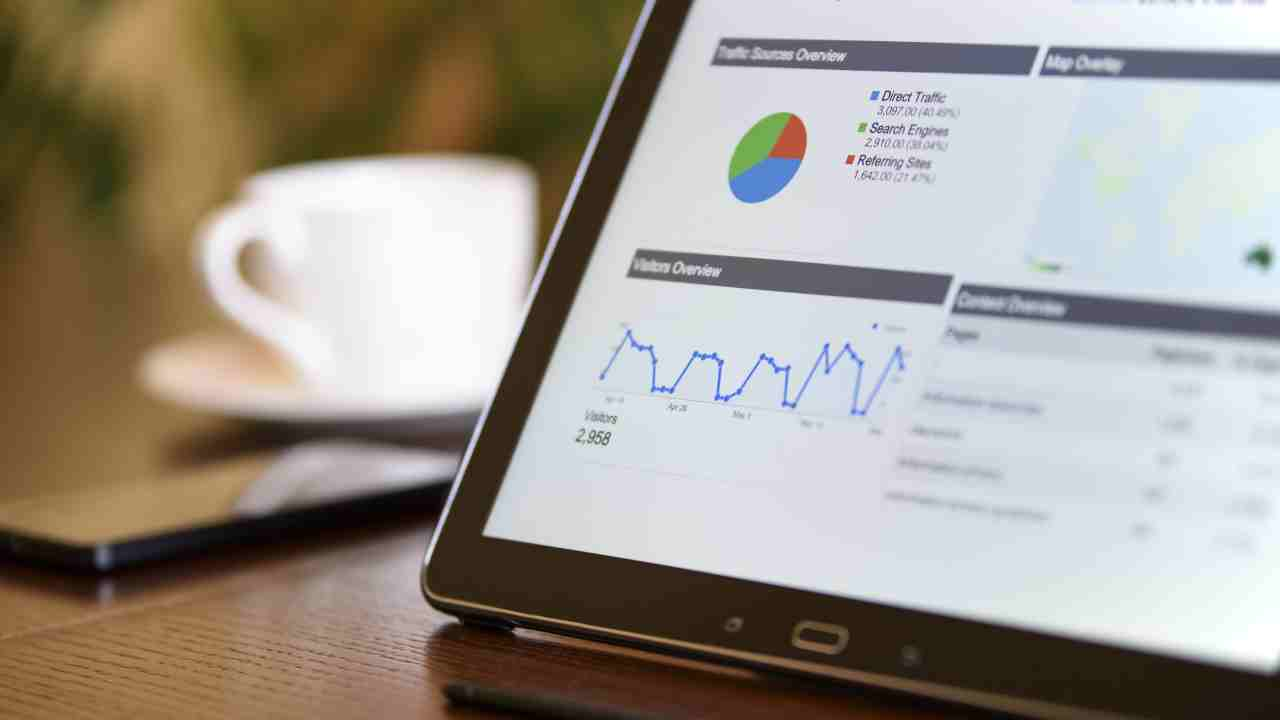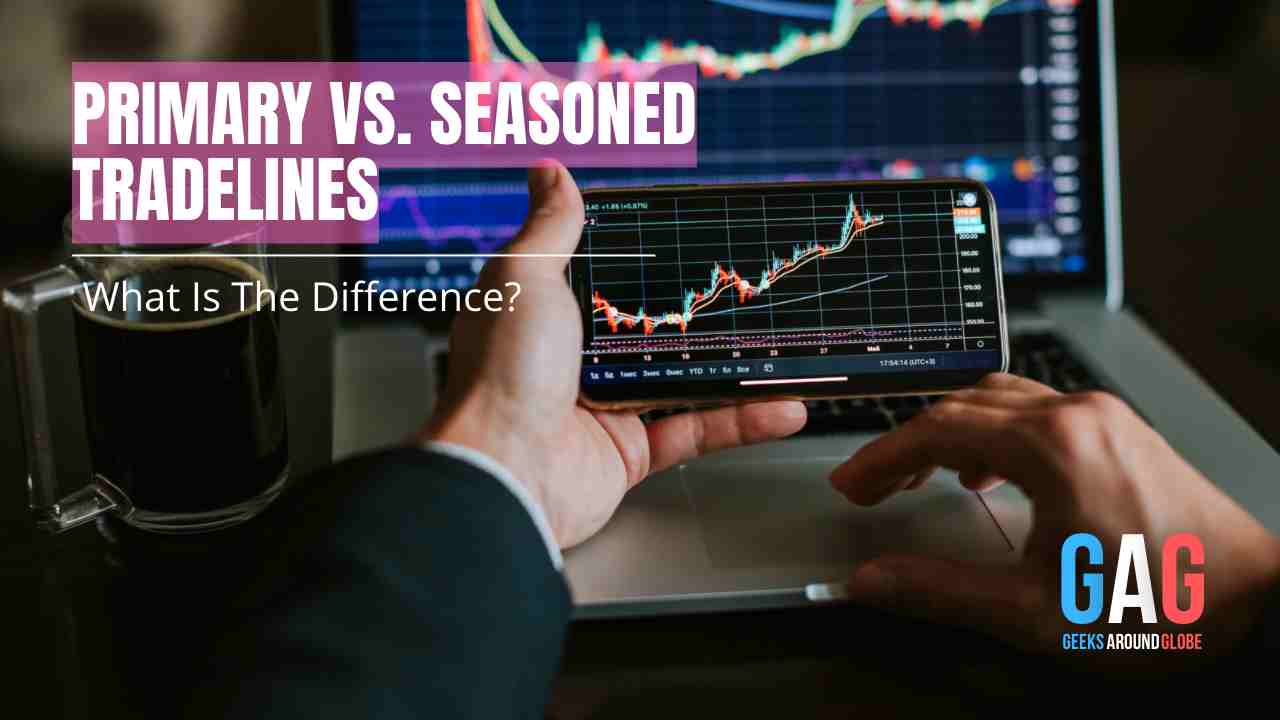When you want to work with an organization or outsource a service to a third party, you often look for ethical and compliant companies. It is essential to do so to protect your clients and safeguard the privacy of your data. This is the reason of existence of SOC reports. SOC stands for System and Organization Controls – in simple terms, a way to check credibility and trustworthiness of an organization. SOC reports can be considered as a thorough background check before agreeing to a contract.
SOC reports, in a way, audit the functioning of the organization. These checks their compliance with best practices w.r.t internal policies and procedures. They examine the security, privacy, processing integrity and controls related to financial reporting and cybersecurity. So, SOC reports holistically cover every aspect of an organization, thus becoming an important audit report.
What are the different types of SOC reports?
There is not a unified comprehensive SOC report, rather there are many different types of SOC reports managed by American Institute of Certified Public Accountants (AICPA). The different SOC reports target different areas. You must choose as per what is your need and if there is any specific information to be disclosed.
The prime SOC reports are:
- SOC 1
- SOC 2
- SOC 3
- SOC for Cybersecurity
(Please note: all the prime SOC reports have different sub-types as well)
What is SOC 1?
SOC 1 compliance report targets user entity’s financial reporting. It covers the internal controls and efficiencies around financial statements of the organization. This report is mostly conducted for service organizations like trust departments, payroll processing teams, financial lenders, and employment operators. So, if you are looking for someone to deal with your financial statements, you should not forget to take a look at the SOC 1 report.
What is SOC 2?
SOC 2 compliance framework targets security around customer data. Additionally, SOC 2 compliance meaning includes processing integrity, availability, and confidentiality – generally, the trust services criteria. SOC 2 report is critical (not mandatory) to prove that an organization smartly and safety stores customer data and is capable to protect the data from unknown sources. This report is mostly conducted for organizations uses cloud storage and SaaS companies.
There are two types of SOC 2 reports, and these depend on what your customer needs. Type 1 targets the controls which are in place at the time whereas SOC 2 targets the systems security over time.
Sprinto, quite smoothly, automates the entire process – removing the scope of human error and reducing the time wastage by eliminating redundant tasks. The best part is that you can book a free demo with Sprinto to see how seamless the process is, and how they’ll take away your audit stresses.
What is SOC 3?
SOC 3 report follows similar SOC 2 compliance standards i.e., covering security and internal controls. The core difference between SOC 2 and SOC 3 is of accessibility. SOC 2 is a private report, mostly accessible by only the clients or key players whereas SOC 3 is a public report. SOC 3 can be considered the simplified and freely available version of SOC 2, covering the highlights intended to reflect the security state of the organization. So, you can always check SOC 3 for a quick overview of an organization’s systems.
What is SOC for Cybersecurity?
As evident from the name, SOC for Cybersecurity targets the enterprise cybersecurity program. It investigates the risk management policies related to cyber-attacks (which are unfortunately quite prevalent these days). You should definitely ask for this report to understand the proactive measures taken by the organization to protect their data.
What are the advantages of a SOC report and why should I have one?
In the simplest words, SOC reports build the trust of your clients. It is a proof of your authenticity. The report is your contribution towards ensuring that any data that falls under your purview is safe and confidential. The SOC report is a third-party validation, so an added advantage is to find out any flaws before anyone else. If there are any flawed processes, the report allows you time to develop systems and present a stronger control.
So, the reason you should have SOC report is to showcase to your clients that you are compliant to the best practices, and you have their best interests in mind. When you present the audits to the clients, you are presenting the credibility of your internal processes that you have built over time. So, in a way, SOC report promotes your service and increases your value.







